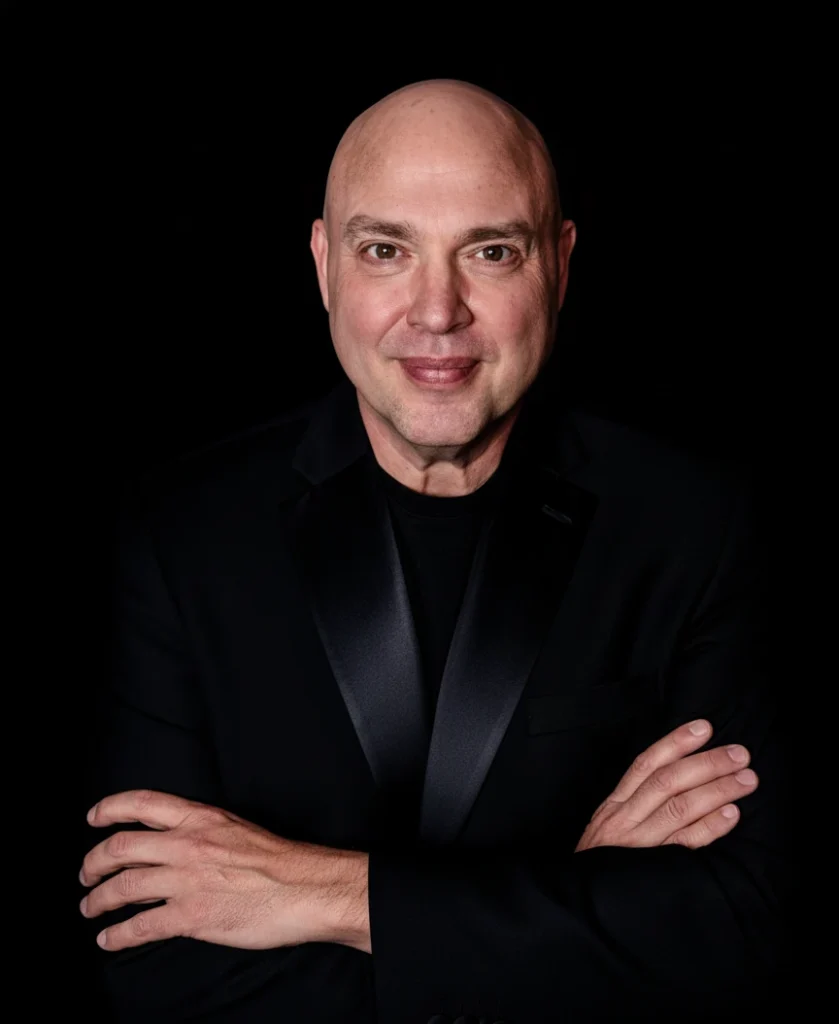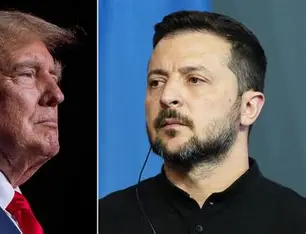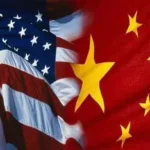China’s Ex-UK Ambassador Clashes with ‘AI Godfather’ on Panel
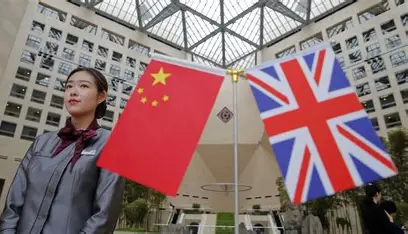
A fiery debate erupted during a high-profile panel discussion at the Global AI Summit in Paris as Fu Ying, China’s former vice minister of foreign affairs and ex-UK ambassador, confronted Professor Yoshua Bengio, widely known as the “AI Godfather.” The clash highlighted the growing geopolitical tensions surrounding artificial intelligence (AI) and the contrasting perspectives of global powers on AI safety, development, and governance.
The discussion took place ahead of the two-day summit, which brought together world leaders, top tech executives, and academics to address AI’s far-reaching impact on society, governance, and the environment. Fu Ying, now an academic at Tsinghua University in Beijing, began by sarcastically thanking Professor Bengio for the “very, very long” international AI safety report he led. The report, co-authored by 96 global experts, stretched to about 400 pages in its Chinese translation—a length Fu admitted she hadn’t finished reading.
Fu Ying didn’t stop at critiquing the report’s length. She also questioned the naming of the AI Safety Institute, where Prof. Bengio is a key member. She pointed out that China’s version is called The AI Development and Safety Network, emphasizing that the term “network” reflects the importance of collaboration over mere institutionalization. According to Fu, the focus should be on fostering partnerships rather than adding to the growing list of isolated institutes.
The summit welcomed influential figures from over 80 countries, including OpenAI’s CEO Sam Altman, Microsoft’s President Brad Smith, and Google’s CEO Sundar Pichai. Interestingly, Elon Musk, a vocal figure in the AI space, was not on the guest list, and it remains unclear if he will make an appearance.
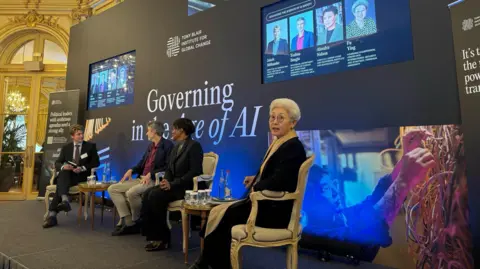
A significant part of the summit’s agenda revolves around regulating AI in an increasingly fragmented world. This event comes on the heels of a major industry shift, as China’s AI company, DeepSeek, unveiled a powerful, low-cost AI model, challenging the long-standing dominance of American tech giants.
The sharp exchanges between Fu Ying and Professor Bengio symbolized the broader global competition in the AI arms race. However, amidst the heated debate, Fu expressed regret over the strained US-China relations, stating that such hostilities are negatively impacting the progress of AI safety initiatives.
“At a time when the science is going in an upward trajectory, the relationship is falling in the wrong direction, and it is affecting unity and collaboration to manage risks. It’s very unfortunate,” she remarked.
Fu Ying offered rare insights into China’s AI landscape, describing an “explosive period” of growth since the country launched its AI development plan in 2017—five years before ChatGPT became a global phenomenon in the West. She acknowledged that while rapid development can drive innovation, it also increases the likelihood of risks.
“When the pace [of development] is rapid, risky stuff occurs,” she admitted, though she refrained from elaborating on specific incidents.
Fu argued that building AI tools on open-source foundations—where the underlying code is accessible to everyone—can enhance safety by allowing broader scrutiny and collaborative improvements.
“Open source offers humans better opportunities to detect and solve problems,” she said, criticizing US tech giants for their lack of transparency, which she claimed fuels public anxiety.
While Professor Bengio acknowledged the merits of transparency, he countered Fu’s argument by highlighting the security risks of open-source AI. According to him, making AI code publicly available increases the chances of it being exploited by malicious actors.
However, he conceded that from a safety standpoint, it’s easier to identify vulnerabilities in open-source models like China’s DeepSeek compared to proprietary systems like OpenAI’s ChatGPT, whose internal architecture remains undisclosed.
On the summit’s second day, key political leaders, including French President Emmanuel Macron, Indian Prime Minister Narendra Modi, and US Vice President JD Vance, are set to engage in critical discussions. Their focus will be on AI’s impact on global labor markets, ethical considerations, and strategies to mitigate risks.
A notable announcement during the event was the launch of a $400 million partnership among several nations to support AI projects that serve the public interest, particularly in sectors like healthcare.
UK Technology Secretary Peter Kyle warned of the dangers of lagging behind in AI adoption, stressing its potential to revolutionize public services like the National Health Service (NHS). Dr. Laura Gilbert, an AI advisor to the UK government, echoed this sentiment, arguing that AI’s efficiencies are crucial for sustaining the NHS.
“How are you going to fund the NHS without grabbing AI?” she questioned.
Matt Clifford, the architect of the UK’s AI Action Plan, described AI as more transformative than past technological revolutions.
“The industrial revolution was the automation of physical labor; AI is the automation of cognitive labor,” added Marc Warner, CEO of AI firm Faculty. He even speculated that traditional jobs might become obsolete within the next generation.
As the summit progresses, one thing is clear: the global AI landscape is not just a battle of technologies but a clash of ideologies, governance models, and geopolitical interests.
Stay ahead with the latest news on global innovation, leadership, entrepreneurship, business, and tech. Join us on WhatsApp or Telegram for real-time updates. Have a report or article? Send it to report@theinnovationtimes.com.
Follow us on X (Twitter), Instagram, LinkedIn, Pinterest and Facebook for more insights and trends



